Easy Sorting Worksheets Activities With Answers for Ages 4-8
4 filtered results
-
From - To
Discover our engaging "Easy Sorting Worksheets Activities with Answers for Ages 4-8" designed to enhance children's logical thinking and sorting skills! These fun, printable worksheets provide a variety of sorting tasks that cater to young learners, helping them categorize objects by color, shape, size, and more. With clear answer keys included, educators and parents can effortlessly guide children through each activity, ensuring a seamless learning experience. Our resources encourage creativity and critical thinking while making learning enjoyable. Perfect for classroom use or at-home practice, these worksheets are tailored to meet the developmental needs of children aged 4-8. Start sorting fun today!
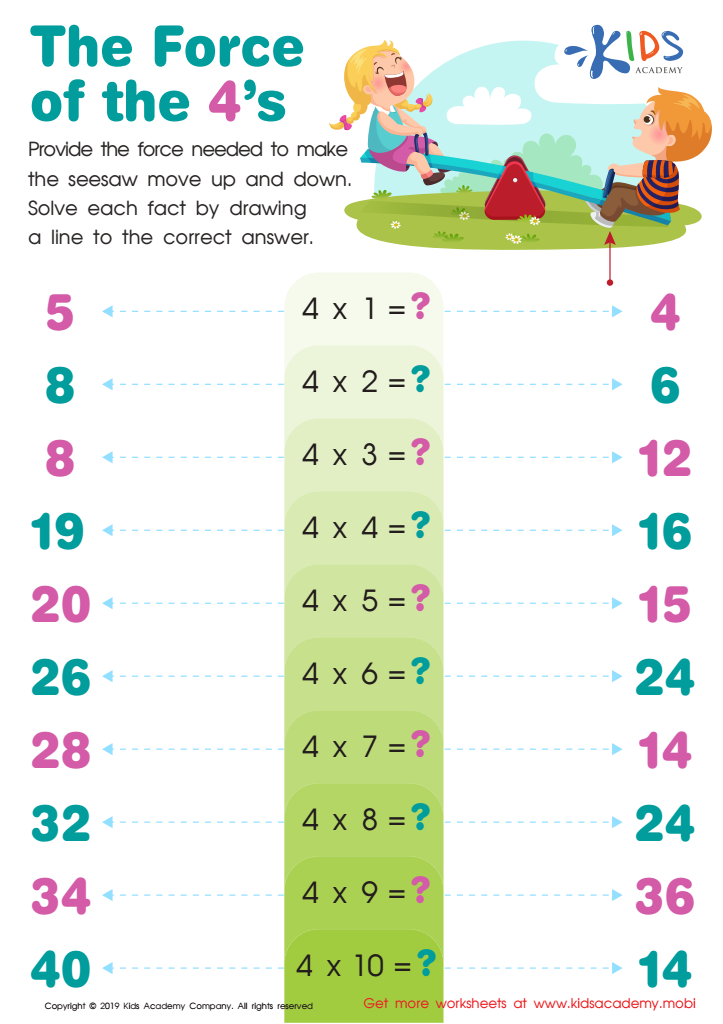

The Force of the 4's Worksheet
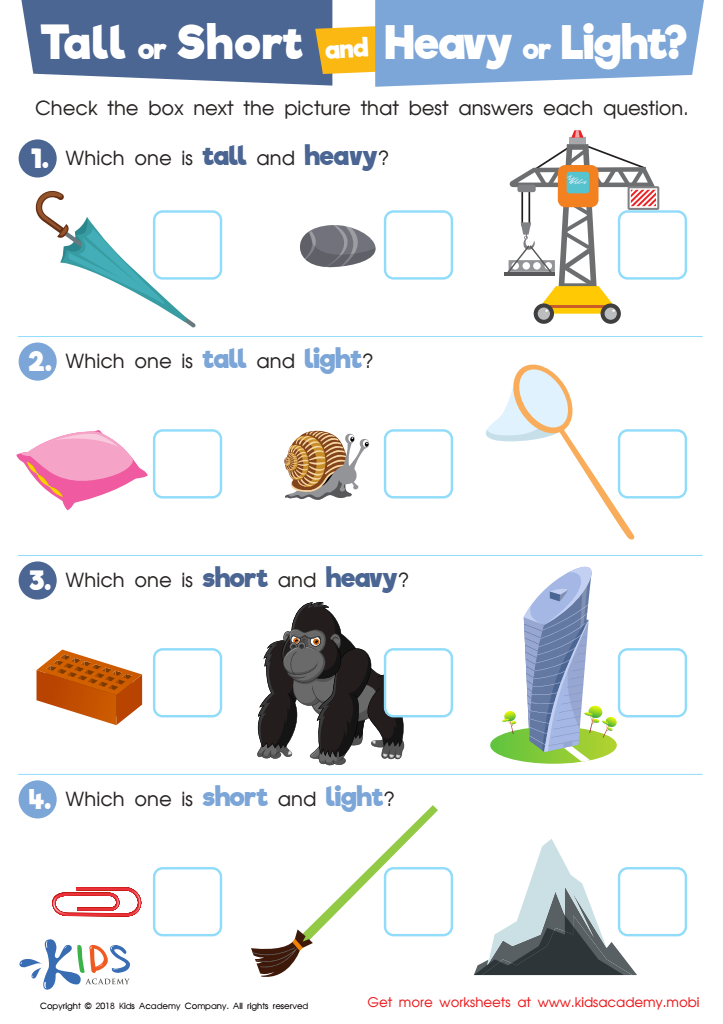

Tall or Short and Heavy or Light? Worksheet
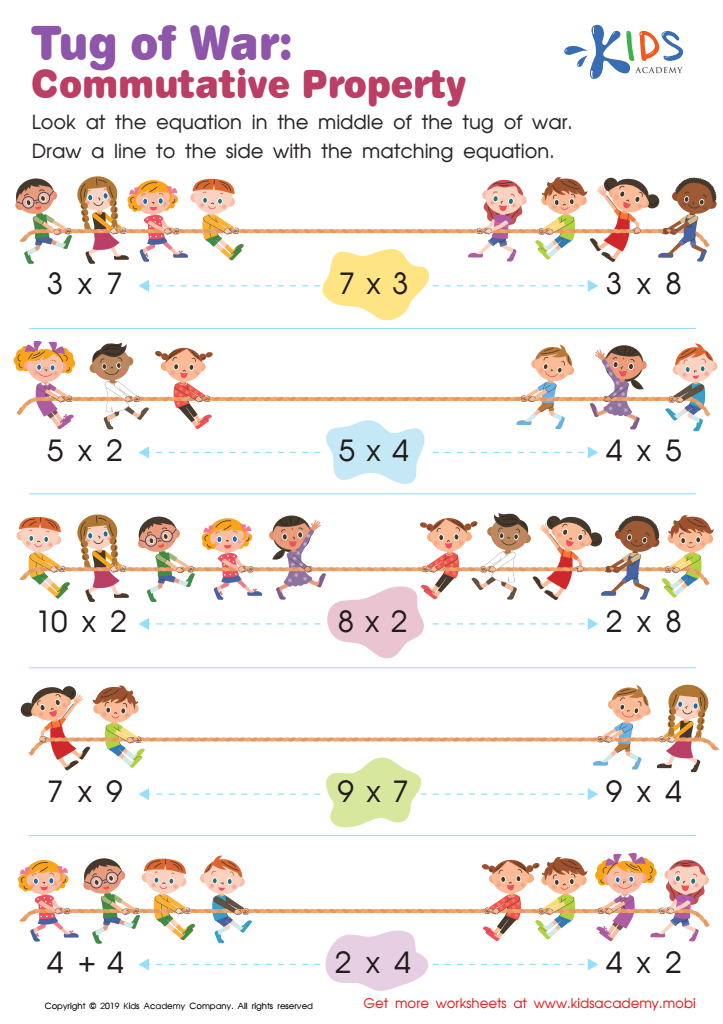

Tug of War: Commutative Property Worksheet
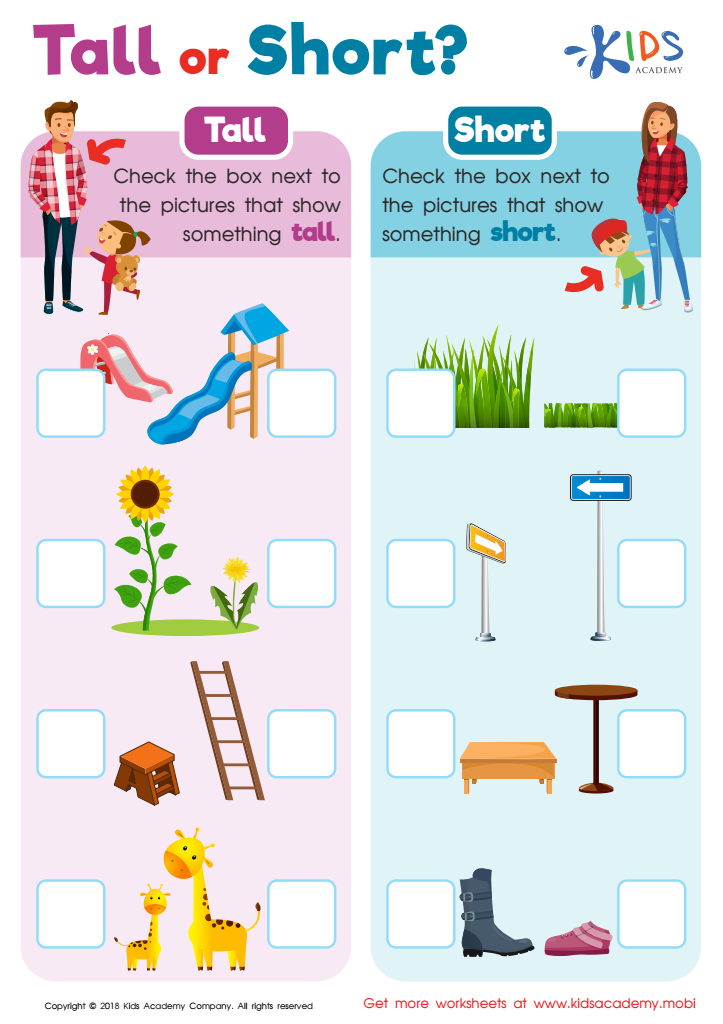

Tall or Short? Worksheet
Easy sorting activities are essential for young learners aged 4-8 as they lay the foundation for critical cognitive skills. These activities not only engage children in hands-on learning but also develop their ability to classify and categorize information—a fundamental concept in mathematics and science.
By introducing sorting activities, parents and teachers foster children's observational skills and attention to detail. Children learn to identify similarities and differences among objects, which enhances logical thinking and boosts problem-solving abilities. Moreover, sorting fosters language development as children articulate their reasoning for the categories they create.
These activities can be tailored to various themes, enabling educators and parents to connect sorting with real-world experiences, such as sorting fruits, animals, or even feelings. Such relevance makes learning enjoyable and meaningful.
Furthermore, easy sorting activities encourage collaboration and social interaction when done in groups, which helps build essential social skills. As children work together to organize items, they learn communication, turn-taking, and sharing.
In conclusion, easy sorting activities are not just entertaining; they are vital tools for childhood development that parents and teachers should prioritize to enhance cognitive, language, and social skills in early learners.
 Assign to My Students
Assign to My Students




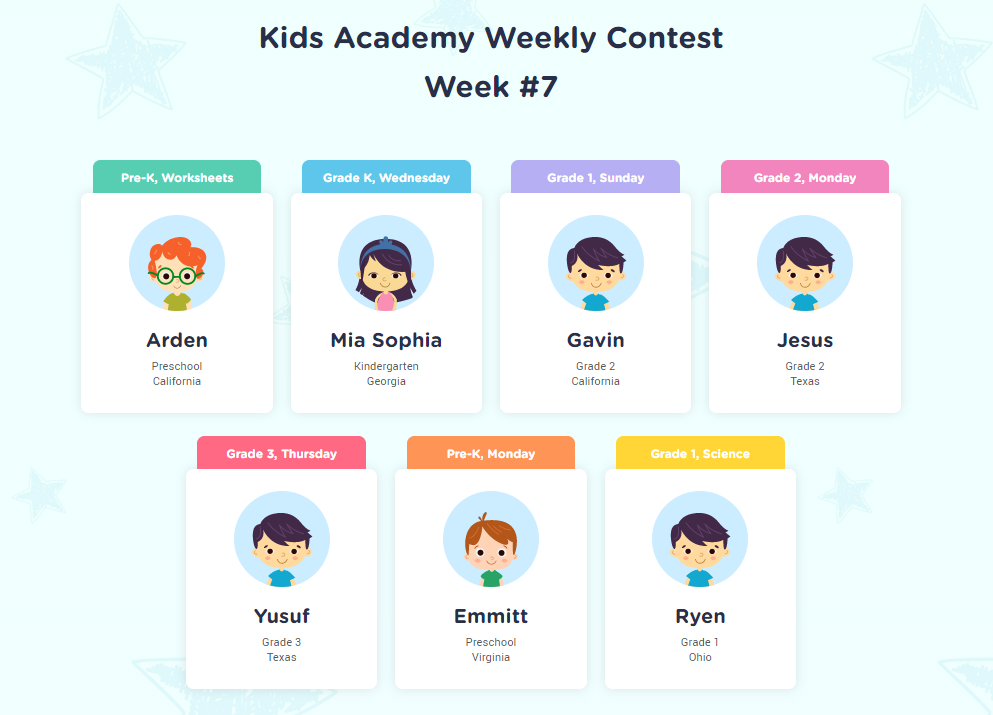

.jpg)







